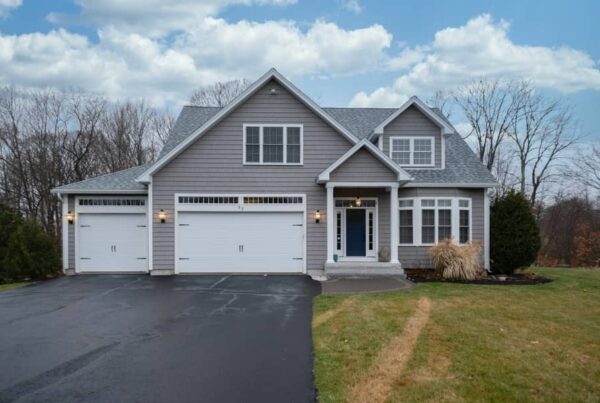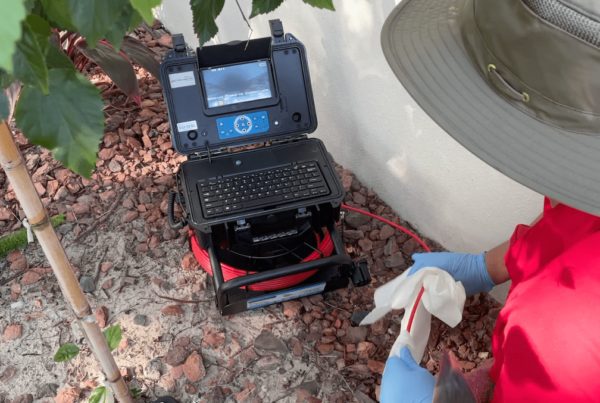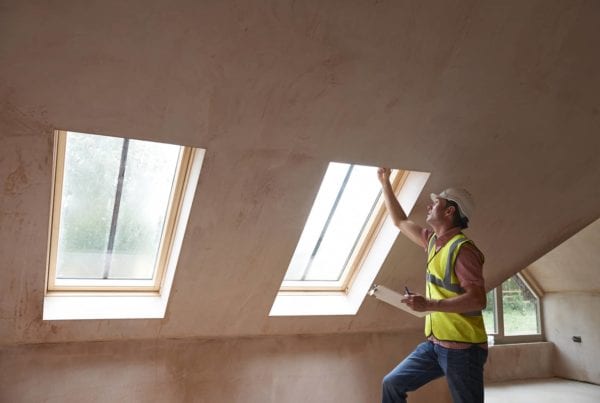
If you are thinking about hiring a home inspector on a new construction home, we are glad you made it here.
In this blog, we are are going to truly answer the question about if you need a new construction inspection. We will even talk about if you should get a third party inspection as the home is being built. – This is called a phased inspection.
So What Is A Home Inspection?
A home inspection is a limited, non-invasive inspection of a home. Home inspectors typically look for major, maintenance, and minor items that could be pertaining to safety, insurance, or just to protect your investment.
Here is a quick glance at what they will inspect:
- Exterior: Siding, Windows, Grading, Driveways, Walkways.
- Interior: Walls, Floors, Ceilings, Cabinets.
- Plumbing: Drains, Supply, Water Heater.
- Air Conditioning: Ductwork, Air Handler, A/C.
- Roof: Condition, Damage, Approximate Age, Flashing.
- Electrical: Wiring, Electrical Panels, Outlets.
- Kitchens: Sinks, Appliances.
- Bathrooms: Tubs, Sinks, Showers, Vents.
- Crawlspace: Insulation, Structural Components, Leaks.
- Attic: Insulation, Trusses, Roof Leaks.
Learn more about a home inspection. View a sample home inspection report.
Now that we know what a home inspection is, let’s dive into some common mistakes with new construction homes.
Common Issues Found In New Homes
New construction homes actually have a quite a bit of issues. This is mostly due to many laborers/third-party contractors coming onto the property. Moreover, since there are so many new construction homes, there are not enough managers to simply examine all parts of the home while it is being built.
That being said, here are some of the most common finds on new construction homes.
- Improper Roof Installs. Whether it is the flashing, vents, shingles, or tiles, these are quite often installed improperly.
- Missing Insulation. Insulation is one of the last things new home builders install so it is one of the most overlooked items.
- Poor Framing. Framing can be difficult to inspect since there is so much of it. Also, there are many unskilled laborers filling open positions.
- Bad Foundations. Quite frankly, this is one of the worst ones since it can be a very expensive fix. It happens more often than you think. We actually recently had this happen in Florida. Check out the image on our instagram below!
All New Construction Has To Be Built To Code Though?
Well, yes. Yes, they do.
But people make mistakes. Also, code inspectors actually don’t complete a thorough inspection as you may be led to believe.
A lot of times, code inspectors take very quick glances at building progress.
Fun fact: most code inspectors complete a roof inspection from the street!
Okay so, you get the point. You need a new construction home inspection. But what’s next?
Phased Inspections – Inspections As Your New Home Is Being Built
If you are having your home built, a good way to get home inspections is through phased inspections!
Phased inspections are inspections at different phases of the home inspection process.
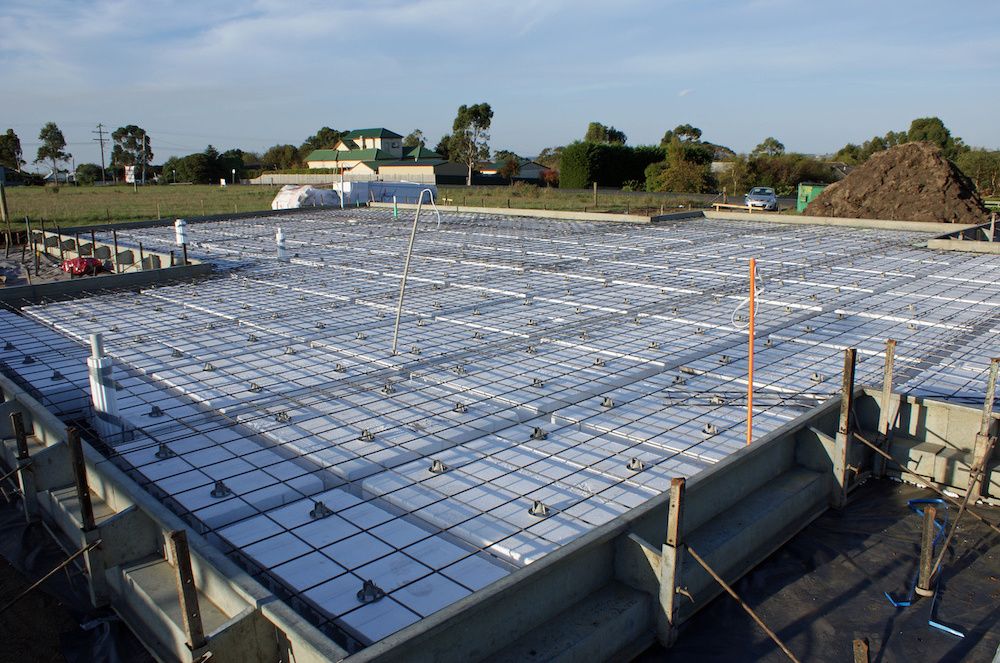
Phase 1: Pre-Pour Inspection
This phase is before the foundation is poured.
This is one of the most critical phases to inspect since once the concrete is poured, there’s no going back!
Home inspectors generally will look for many items, but here is a brief outline of what they will inspect:
- Moisture barrier
- Rebar
- Plumbing
- A/C chase
- Footings
- Foundation
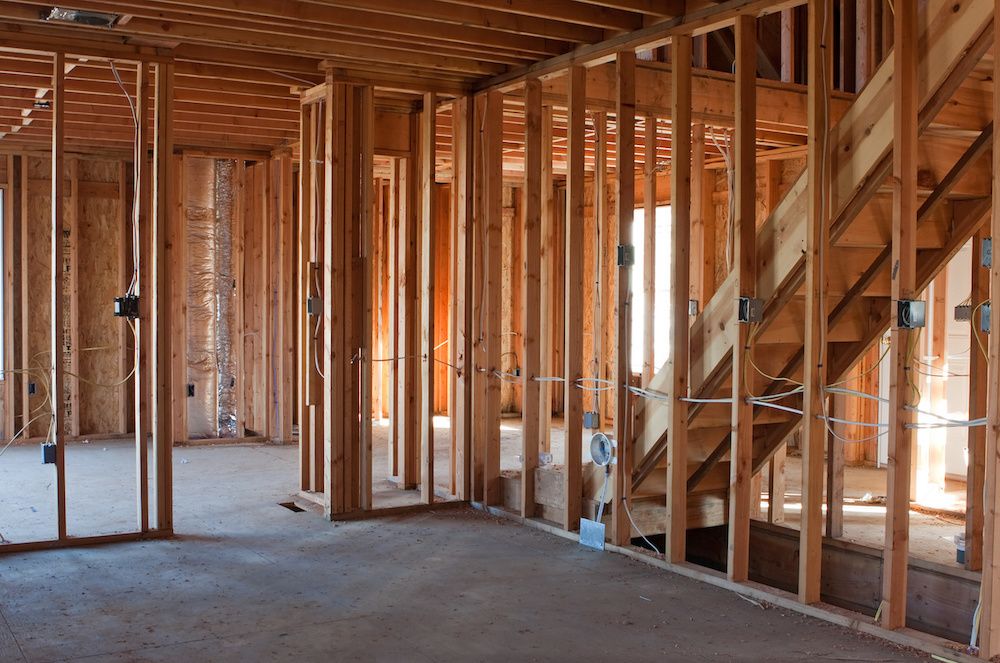
Phase 2: Pre-Drywall Inspection
This phase is an inspection before the drywall gets installed which is another critical inspection time.
Home inspector are able to see through walls to check plumbing, electrical, A/C ducts, and most importantly the framing/structural members of the home!
Many home buyers are led to believe home inspectors can magically see through walls, but this is sadly a myth. Getting an inspection before drywall is installed is the only way home inspectors can view inside the walls!
One of the most common defects in this inspection is missing fire-proofing materials! We actually found cardboard being used as a fire block once! Hint: cardboard is not fire proof.
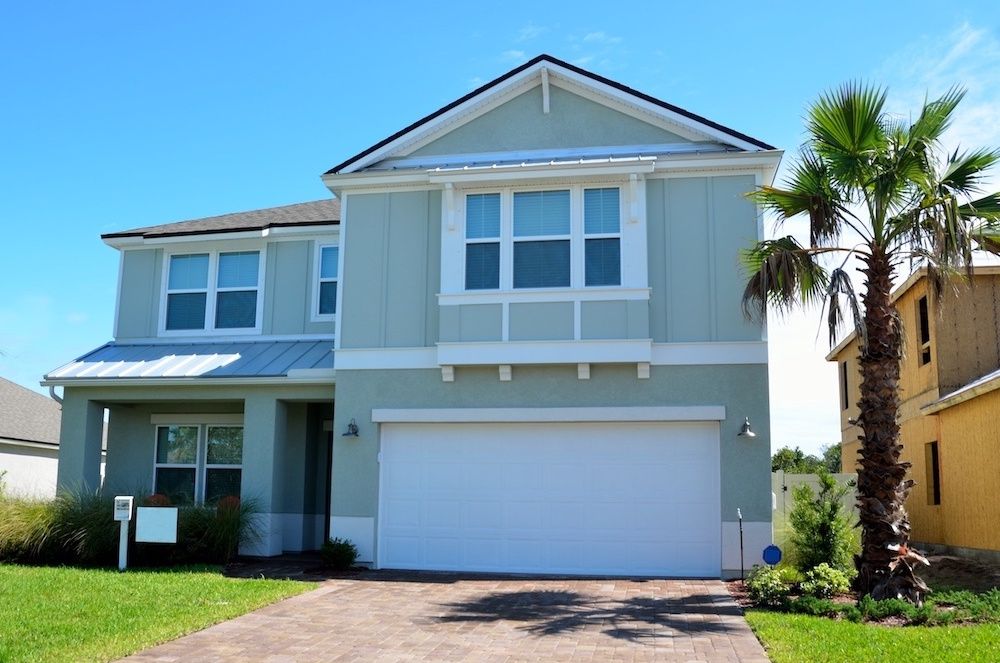
Phase 3: New Construction
This could be considered the final phase, but there is one more inspection after this you should consider.
The new construction phase of inspection is typically near your final walk through with the builder.
Moreover, the final inspection is typically before you obtain ownership.
During this time, a home inspector will go over the small pieces of the home that matter like door stoppers, cabinets, and shower grout.
Home inspectors will not forget the bigger items as well! They still will walk your roof, climb through the attic, and walk the exterior of the property.
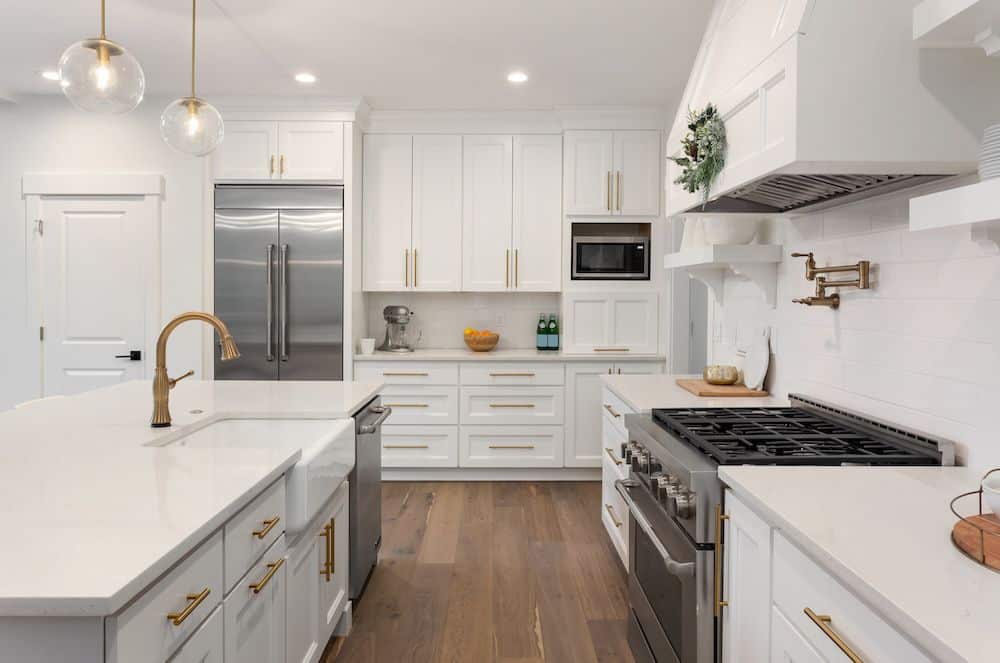
Phase 4: Warranty Inspection
The final phase of the new construction inspections is the warranty inspection.
Most home builders offer a 1-2 year warranty on their homes and once that warranty is up, they are no longer responsible for anything that happens!
So, home inspectors offer a warranty inspection that happens a 1-2 months before your warranty ends!
This is to make sure the A/C is still working as it should be, the plumbing is not leaking, and the roof is squared away.
Warranty inspections still find defects. Actually, it is one of the easiest ways to find defects since the home has had to have the test of mother nature!
Check out this video from my days inspecting with Honor Services.
The Bottom Line
Home inspections on new construction homes are being increasingly common.
As demand for new construction homes increases, I have a feeling the quality of new homes will continue to go down making it almost a requirement to get a new construction home inspection.
Check out this page we created to show top new construction deficiencies.
If you have any questions, be sure to comment down below!

